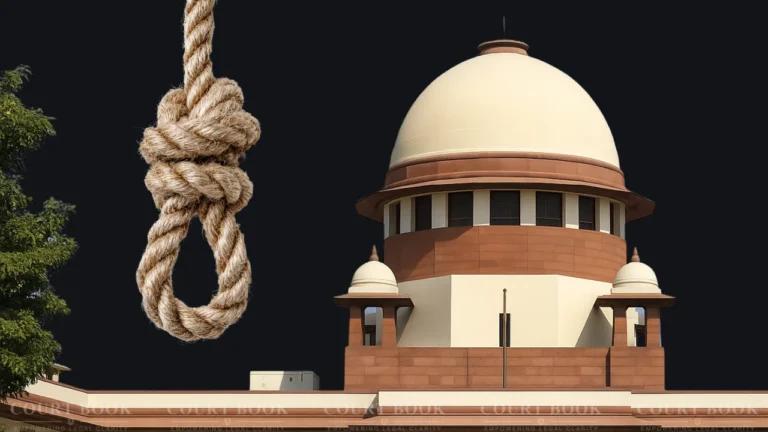The Supreme Court on July 15, 2025 acquitted a man sentenced to death in a double murder and rape case due to serious lapses in DNA evidence management. In a landmark judgment, the court not only overturned the conviction but also laid down binding national guidelines to improve the process of collecting and managing DNA and biological evidence in criminal investigations.
The case pertained to the murder of a couple in Tamil Nadu in 2021. The appellant, Kattavelai alias Diwakar, was sentenced to death by the trial court under Sections 302, 376 and 397 of the IPC. The High Court upheld the conviction based almost entirely on circumstantial evidence, particularly DNA matching.
Read also: CSR Fund Scam: Supreme Court Dismisses Plea Against Exclusion of Retired Kerala HC Judge from FIR
However, when the matter reached the Supreme Court, a bench of Justice Vikram Nath, Justice Sanjay Karol and Justice Sandeep Mehta highlighted the procedural lapses prominently.
The Court remarked, "A common thread that appears in the entire process that has culminated through this judgment is the flawed investigation."
The Supreme Court found that the chain of custody of DNA samples was not maintained. There were unexplained delays in submitting the samples to the forensic lab and there was no proper record of how the samples were stored. These lapses cast doubt on the credibility of the evidence.
Read also: SC Declines PIL on Fraudulent Loan Practices; Says ‘Go to RBI’
Writing the judgment, Justice Sanjay Karol issued detailed and binding directions to be followed across the country:
"Proper documentation should be followed in the collection of DNA samples, including details of the FIR, the name of the investigating officer and the signatures of medical officers and witnesses. Lack of independent witnesses will not invalidate the sample, but an attempt to include them should be made to record."
The Court also ordered that:
The DNA samples should be delivered to the forensic lab within 48 hours. Any delay should be recorded in the case diary with proper reasons.
Tampering with DNA samples or re-sealing them will not be permitted unless the trial court permits the same after hearing a qualified medical professional.
Read also: NEET-UG 2025: Students Affected by Power Cuts in Madhya Pradesh Move Supreme Court for Re-Exam
A "Chain of Custody Register" should be maintained from evidence collection to trial, wherein every movement of evidence is recorded. It should form part of the trial record.
"Failure to maintain the Chain of Custody Register will render the investigating officer liable for such lapse," the Court warned.
Further, the Court directed that this judgment be communicated to all High Courts and Directors General of Police of all States for strict implementation.
It also urged the Police Academies to conduct training for investigating officers to ensure proper understanding and handling of DNA and biological evidence in future cases.
The Appellant was represented by Senior Advocate Ms. V. Mohana with a team of advocates including Ms. Manasa Ramakrishna and Ms. Sripriya K. Legal aid provided by Square Circle Clinic, NALSAR Law University.
Case Title: Kattavelai @ Deokar vs State of Tamil Nadu














